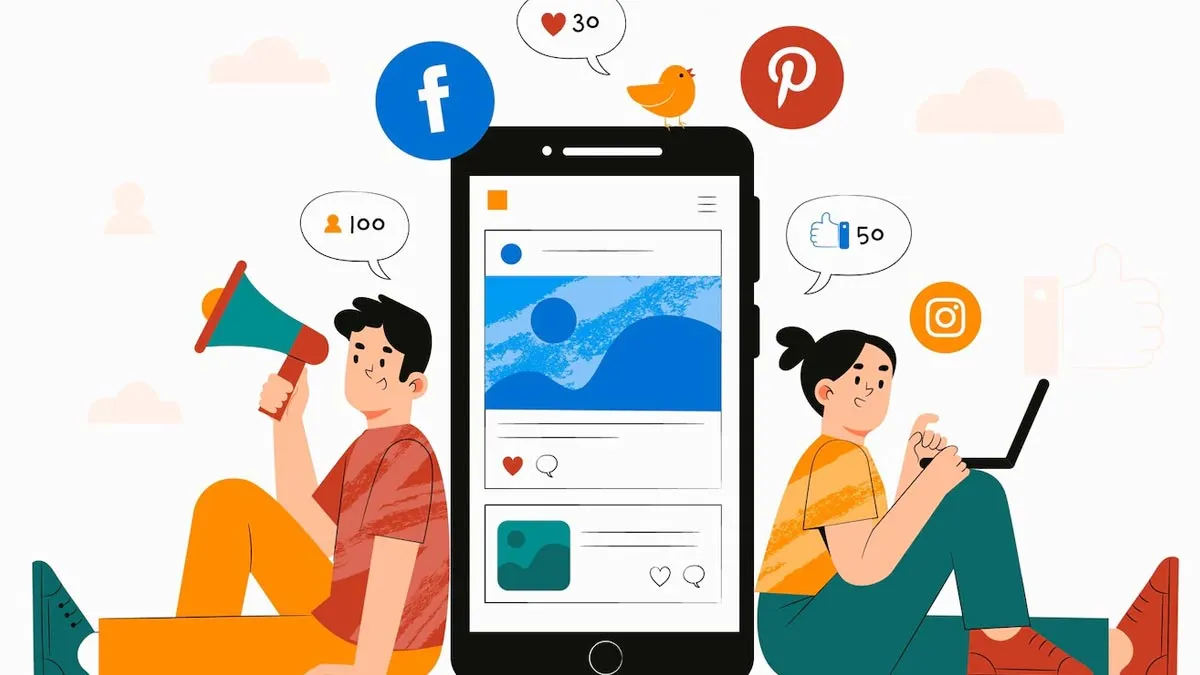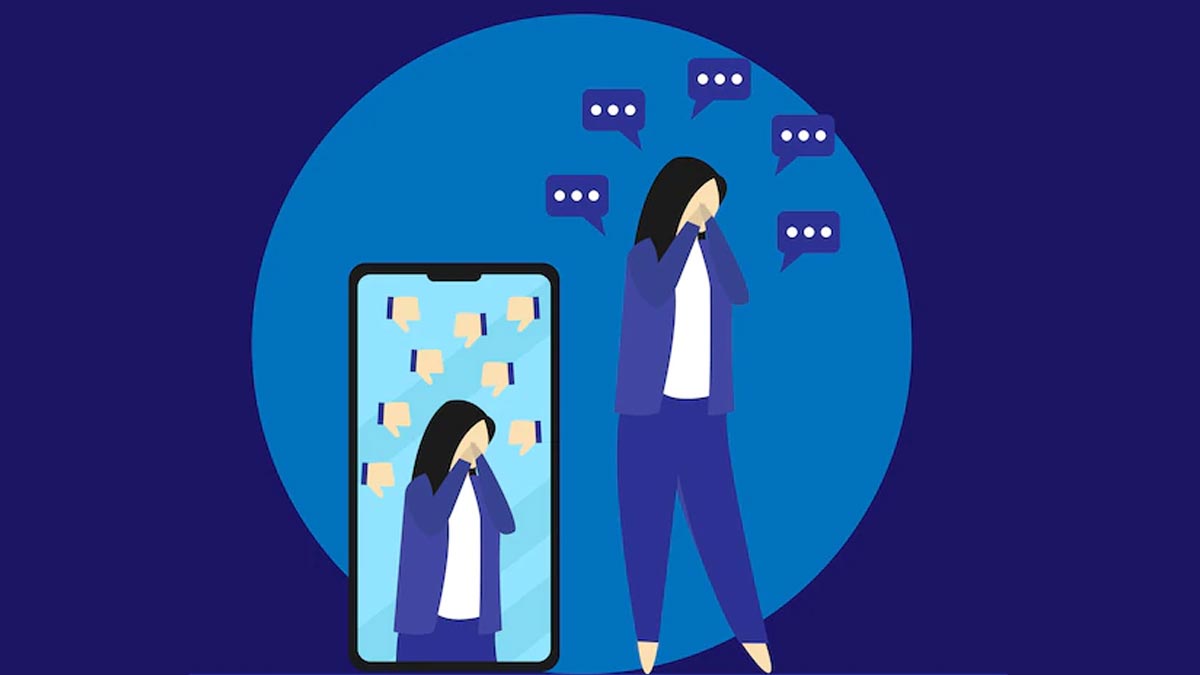
In an era where sharing every moment online has become second nature, the impact of frequent social media posting on mental health is an emerging concern. A groundbreaking study led by researchers at University College London (UCL), published in the Journal of Medical Internet Research, sheds light on how active social media use, specifically frequent posting, can affect mental well-being.
Table of Content:-
CHECK YOUR
MENTAL HEALTH

Link Between Frequent Posting and Mental Health
The UCL study revealed a concerning pattern: individuals who post frequently on social media platforms are more likely to experience mental health challenges over time compared to those who primarily consume content passively. While passive scrolling has its own set of implications, this study highlights that active engagement through posting carries unique risks.
“We found that a high frequency of posting on social media was associated with increased mental health problems a year later,” the researchers noted. Interestingly, no such association was found with the frequency of viewing content. This suggests that certain forms of active social media engagement—like frequent posting—may be more closely tied to negative mental health outcomes than passive consumption.

Also Read: #ExpertTalk: Do You Wonder Why You Feel Good After Crying? Find Out Here
Why Frequent Posting Can Be Problematic
Frequent posting on social media can be problematic due to:
1. Validation Dependency
Posting often can create a cycle of seeking validation, where the number of likes, shares, or comments influences self-worth.
2. Comparison Trap
Sharing personal achievements or moments may lead to heightened comparisons with others, fostering feelings of inadequacy or envy.
3. Emotional Exhaustion
Maintaining a constant online presence can lead to burnout, as users feel pressured to meet perceived expectations.
4. Exposure to Negativity
Frequent posting increases exposure to potential criticism, cyberbullying, or toxic interactions.

Also Read: #ExpertTalk: Do You Wonder Why You Feel Good After Crying? Find Out Here
Strategies For Mindful Social Media Usage
If you find yourself posting excessively or feeling emotionally drained by social media, consider these tips to foster a healthier relationship with these platforms:
- Define specific times for social media use and stick to them.
- Before posting, ask yourself why you feel the need to share. Aim to post meaningful content.
- Shift your focus from posting to meaningful interactions. Comment thoughtfully, or engage in discussions that add value to your experience.
- Turn off notifications to reduce the constant urge to check your platforms.
- Take breaks from social media periodically to reconnect with offline activities, relationships, and hobbies
- Be mindful of your emotional state while using social media. If you notice increased anxiety, stress, or low self-esteem, it may be time to reassess your habits.
Bottomline
The rise of social media has undeniably transformed the way we communicate and share our lives, but it’s crucial to recognise its potential downsides. By understanding the risks associated with frequent posting and adopting mindful usage practices, individuals can enjoy the benefits of social media without compromising their mental health.
Also watch this video
How we keep this article up to date:
We work with experts and keep a close eye on the latest in health and wellness. Whenever there is a new research or helpful information, we update our articles with accurate and useful advice.
Current Version